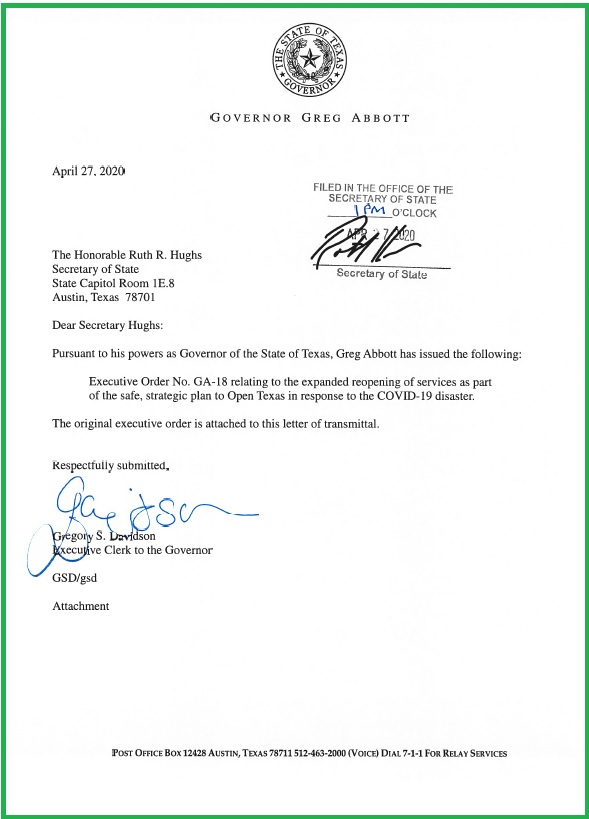Buckingham files property tax reform bills
By Lew K. Cohn
Managing Editor
State Sen. Dawn Buckingham, R-Lakeway, filed a series of bills Monday, Feb. 4, aimed at property tax reform, especially when it comes to property owners' dealings with appraisal districts, as well as providing for an automatic ratification election if a municipality or county raises taxes above a certain threshhold.
“Since my first day in the Texas Senate I have fought for fiscally responsible limited government,” Buckingham said Monday in a statement to The Highlander. “Providing property tax relief to my constituents will always be one of my top priorities. Our current property tax system too often places an undue burden on property owners, and that is why I have filed several bills to reform property taxes in Texas.”
Senate Bill 597 and Senate Joint Resolution 36 would prohibit fees being charged to property owners for protesting an appraisal of their property.
“I believe a property owner should never be faced with even the possibility of having to pay a fee to protest their value of their property,” Buckingham said. “For the past five years, the Comptroller has surveyed Texans who chose to protest their property values whether they would be willing to pay such a fee. And guess what? The results were obvious and overwhelming.
“More than 90 percent of Texans have opposed such a fee — year after year after year — and I don't believe they need to be asked again. That's why I have filed a bill and a Senate Joint Resolution to ban this from ever occurring. My legislation would prevent in both statute and the Texas Constitution a fee from ever being assessed against a property owner seeking to protest their property value.”
Senate Bill 599 prevent appraisal districts from using comparable properties (also called “comps”) as evidence in a protest hearing if the comp property is also the subject of a protest without proper notification to the property owner.
“Property owners who protest their appraisals currently have no way of knowing if comparable properties, or 'comps,' used as evidence by an appraisal district may also be under protest,” she said. “That's not fair. You should know which of your 'comps' have been protested — or are under current protest — when you have your protest hearing.
“A bill I have filed would prevent appraisal districts from using as evidence properties whose value has been protested — or is currently under protest — in your protest hearing unless they notify you of this important fact. Currently you are not provided with this information.”
Senate Bill 598 would stop appraisal districts from determining the appraised value of a property under protest should be more than the value shown in the chief appraiser's appraisal records without approval from the protesting party.
“Many property owners are currently discouraged from protesting their assessment for fear that an appraisal review board could increase the assessed value of their property during a hearing if they protest their tax bill,” Buckingham said.
“This is wrong and fundamentally flawed. It is comparable to you contesting a speeding ticket and then having the fine associated with the alleged excessive speed driven be increased even more — just because you fought it in court. I have filed a bill to correct this by preventing property values from increasing in a protest hearing without agreement of the property owner.”
A separate bill — Senate Bill 596 — encapsulates all three of those bills into a single bill.
Another bill, Senate Bill 600, would require cities and counties to automatically hold an election in November if they approve an ad valorem tax rate above the rollback rate, which currently is eight percent above the effective tax rate. The effective tax rate is the tax rate which generates the same amount of revenue as the prior year, based upon current property values.
Current law allows for property owners to file a petition to have a rollback election and sets the burden on the property owners to collect a certain percentage of signatures in order to force the issue.
“This petition process is burdensome and borderline impossible in some of Texas' largest cities and counties,” she said. “My bill would require automatic rollback elections to be held on the uniform election date in November, or any time a city or a county exceeds its rollback rate, eliminating the current petition requirement.”
If approved by the Legislature and signed by the governor, these bills would take effect Jan. 1, 2020.






